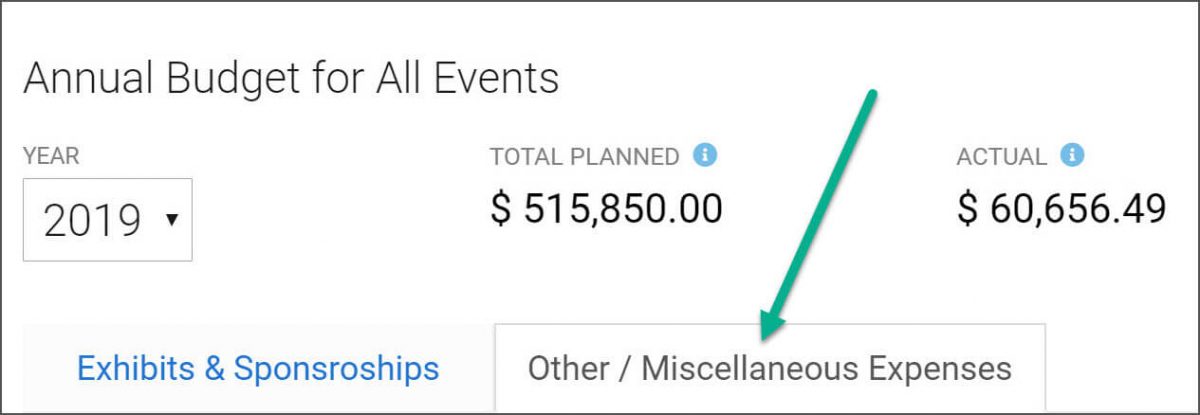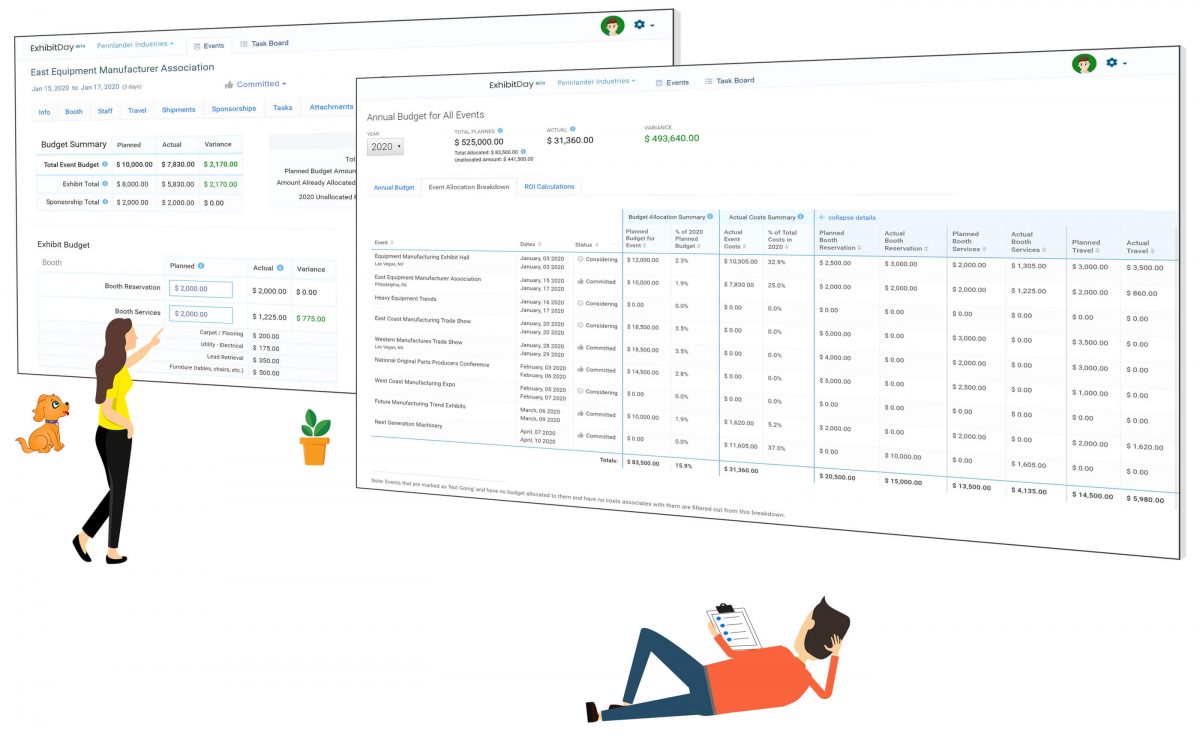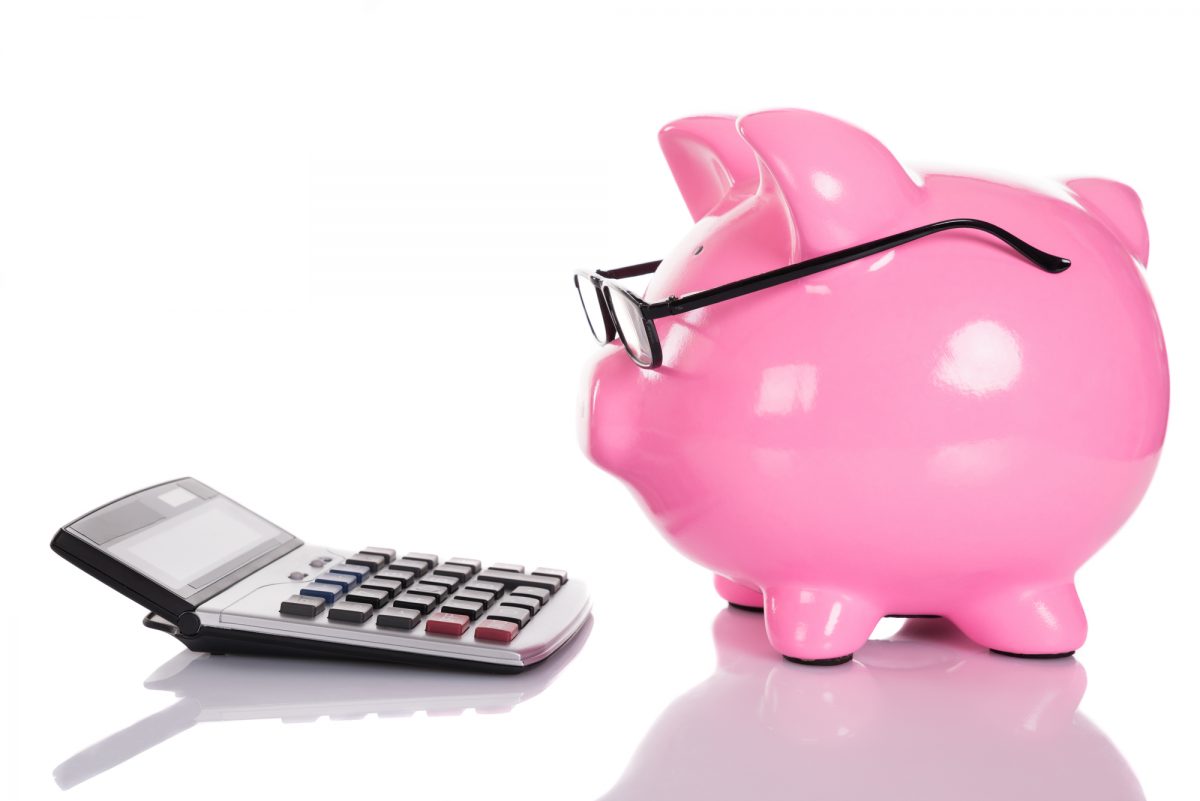For many small businesses, startups, and entrepreneurial ventures, sometimes, a massive trade show just isn’t in the budget. If you’re just trying to break into a market, you may not have extra funds to spend on booth furniture, services and materials that are essential to trade shows. Many new businesses don’t even witness a profit within the first few years of operation – it’s totally normal.
Still, you need to get your business out there – people need to know you exist. If you are looking for prospects, partners then trade shows are an excellent way to get everyone in one room, learn more about you and your offerings.
Here are a few ways to exhibit at trade shows on a budget:
Startup Pavilions
Although not every trade show hosts a startup pavilion, definitely check to see if one is available before you pay full price for a regular booth. These pavilions are reserved for the newcomers that generally need a money break.
Small Spaces
You don’t need a massive booth to make a lasting impression. In this case, quality trumps quantity, which is why you want to book the smallest space possible while the discount window is still open for either the startup pavilion or the early sign-up period.
Say No to Electricity
You can get creative; electricity isn’t really necessary for a good startup booth. But, if you feel it’s dire, be sure to reserve your setup during the initial discount period.
Lead retrievals
Lead Retrieval systems are very costly. Consider collecting leads on a form that your prospects would complete. Give them incentives to fill it out by offering them a chance to win your product or subscription to your service in a drawing. Alternatively, you can collect business cards or use your laptop to record your leads.
Portable Display Vehicles
Budget trade shows can be a do-it-yourself kind of adventure, especially if you invest in a portable display vehicle that enables you to carry your entire display to the show all by yourself. These carrying cases can also double as the booth counter, and the back wall fits inside the case. The entire thing comes with wheels for ease of transportation so you don’t have to hire anyone else to help carry it.
Trade Show Accessories
For all extra seating, trash cans, flooring, and so forth, be sure to check big box stores for major savings. You could purchase flooring, chairs and other accessories from a local vendor such as Walmart, Home Depot or Ikea and save yourself shipping and rental charges.
Shipping and Handling
When it comes time to have your trade show material and booth shipped, elect to have your items shipped via shipping carriers, such as FedEx, that hold the packages at the destination for you to retrieve. Although less convenient, you will save money by handling the shipment by yourself and bringing your booth furniture on your own.
Plan Ahead of Time
Flights, train tickets, and other kinds of transportation are significantly cheaper if you book them ahead of time. Tuesdays at around midnight is typically the cheapest time to book a flight. And, the cheapest days to fly are Tuesday and Wednesday (you’ll save an average of $73 per ticket). Additionally, opt for an Airbnb over a hotel. Many decent Airbnb’s are only $50-70 per night.
Many small businesses, startups, and entrepreneurial ventures start out at trade shows with a low budget. Nothing to fear – just follow the tips above for saving the most amount of money when it’s time to exhibit at your next trade show.











